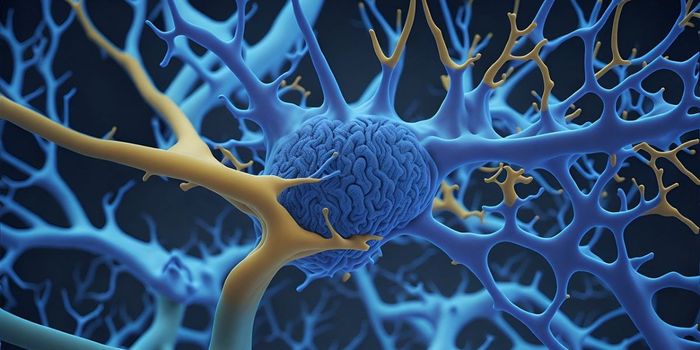Marijuana has been touted as a completely safe drug that even has medicinal properties. But for all of its purported health benefits, research on THC and the cardiovascular system (CVS) and the heart is starting to form a negative picture. A recently published review in the latest edition of the journal Missouri Medicine by Dr. Carl J. Lavie, MD, and colleagues of The University of Queensland School of Medicine, New Orleans, Louisiana, presents evidence of at least one damaging effect of marijuana, in particular, on the health of the CVS and the heart.
Photo source: Pixabay.com
The review synthesizes previous literature on the effects of marijuana, in particular, the psychotropic compound THC, on the CVS. It concludes that there are at least three potential negative effects on the CVS: “cannabis arteritis,” cannabis-induced vasospasms, and platelet aggregation. Yet, it is still unknown if there is a relationship between marijuana and atherosclerosis.
This may seem counterintuitive given the studies that suggest marijuana is beneficial for the CVS. For instance, marijuana has been shown to be a vasodilator, which is thought to be part of its anti-inflammatory response. But this is a short-term benefit. What happens when you chronically use marijuana? According to the review, it doesn't look too good for the CVS.
The review focused on the effect of the compound THC, so we cannot rule out the counteractive effects of other compounds, such as cannabidiol (CBD). Apparently, marijuana actually can cause short-term adverse effects. For instance, THC can cause an acute increase in blood pressure and heart rate. Indeed, anecdotally, some marijuana-users report heart palpitations during their high.
Chronic use of THC has been shown to increase cerebral vasculature tone and blood pressure. This is thought to decrease cerebrovascular blood flow, which could increase the risk of a cerebral vascular accident or transient ischemic attack. Chronic marijuana users also have been reported to have atherosclerotic changes ranging from mild atherosclerotic plaques to total occlusion. These deleterious effects could be reversed by marijuana cessation.
So what are the biological mechanisms behind these negative effects on the CVS? For one, cannabinoid receptors type 1 (CB1) receptors are expressed throughout many physiological systems, including cardiac muscle and the vascular endothelium. THC has a high affinity for both CB1 and CB2 receptors. So it is plausible that THC can interfere with normal cardiovascular function by binding to CB1 receptors.
Photo source: Pixabay.com
Many of the studies reviewed in this publication are either observational or toxicology experiments that show a correlation between THC use and the risk for developing issues with the CVS. The review includes one animal study that suggested a modulatory influence of THC on atherogenesis through activation of CB2 receptors. CB2 receptors are thought to be responsible for marijuana's anti-inflammatory and anti-atherogenic effects.
Nevertheless, the observational and toxicology studies should give us pause. It may be difficult to reconcile with the thought that marijuana (THC in particular) is associated with a negative effect on health. However, while the science of marijuana and health has started to accelerate, we have to be prepared for the possibility of bad news.
Sources: Missouri Medicine, Wikipedia, Cardiovascular Therapeutics, Journal of Addiction Medicine, Revue Neurologic










